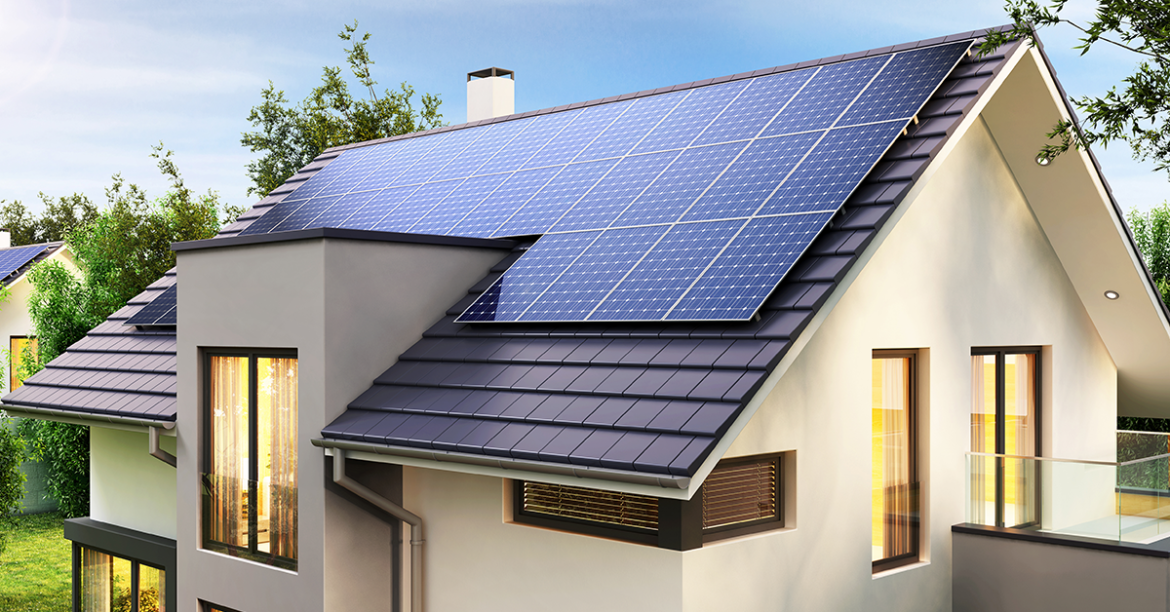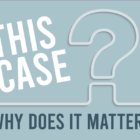
If you are living in an HOA, you probably have heard that the association cannot prohibit the installation of solar panels (or “solar collectors”). A Florida law, F.S. 163.04, provides that any “deed restriction or declaration” or even any “similar binding agreement” may not prohibit – or have the effect of prohibiting – solar collectors, clotheslines or any other energy devices based on renewable resources, from being installed on buildings or lots within the association.
Although the application for solar panels may not be outright denied, the Architectural Review Board (“ARB”) may impose certain restrictions, provided the restrictions are reasonable and do not impair the performance of the renewable energy system. In the case of solar panels (as opposed to clotheslines or other energy devices), there is a further and fairly specific restriction on the ARB’s power: While the association does have some say where the rooftop solar collectors may be installed, installation must be allowed facing south, or within forty-five degrees east or west of a southward direction, the owner cannot be required to employ any concealment which would impair the function of the solar or energy system.
The association may require approval for any application for renewable resource systems, although that approval may not be denied within the range of the limited allowable location and/or appearance adjustments. This law also applies to condominium units but only within the boundaries of the condominium unit. In other words, a unit owner cannot install a solar collector or solar panels on the common elements roof.
If your community association receives requests from homeowners or unit owners regarding the installation of these renewable energy devices, you should contact your community association’s legal counsel to evaluate what can be done based on a particular request.


